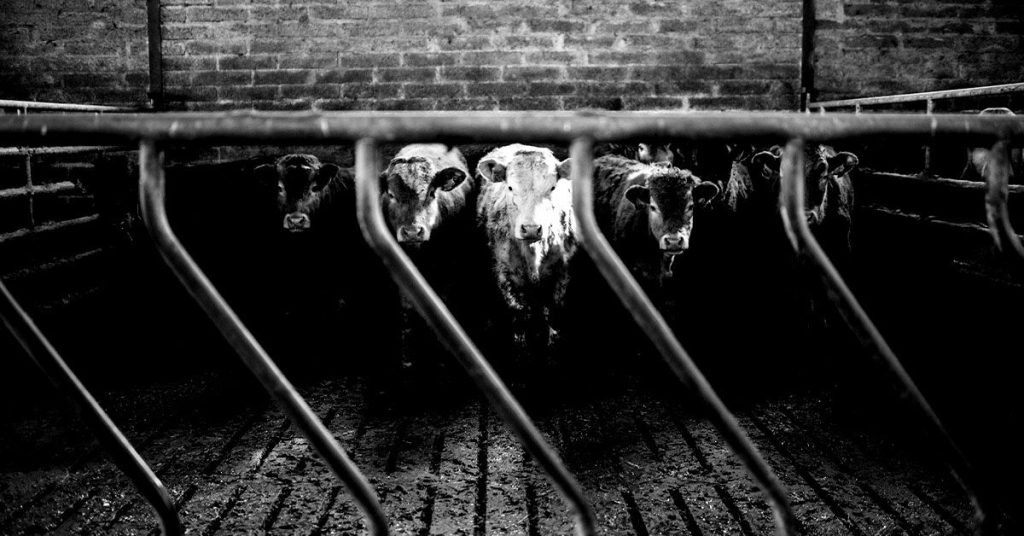Researchers have recently made a groundbreaking discovery by genetically altering a brown bovine cow to produce human insulin in its milk. This breakthrough could potentially lead to increased insulin production, addressing the high global demand and cost of this essential medication for managing diabetes. Insulin is crucial for regulating blood sugar levels in people with diabetes, but its accessibility and affordability can be challenging. The study, published in Biotechnology Journal, demonstrates the potential of using transgenic cows to mass-produce insulin, but further research is needed to validate these findings and address ethical and safety concerns surrounding genetically modified animals for pharmacology purposes.
Diabetes is a prevalent condition affecting millions of people worldwide, and insulin plays a vital role in managing this disease. However, many individuals struggle to access the insulin they need due to cost and availability issues. By exploring alternative methods like using genetically altered animals to produce insulin, researchers hope to address these challenges and make insulin more readily available to those in need. The recent study involving a transgenic cow that produced human insulin and proinsulin in its milk showcases the potential of this approach, but more research is required to fully understand the implications and feasibility of using genetically modified animals for medical purposes.
The process of genetically modifying cows to produce specific proteins like insulin involves intricate scientific techniques such as somatic cell nuclear transfer and manipulation of mammary glands. Researchers were able to successfully create one transgenic cow and collect milk containing human insulin for testing. The results confirmed the presence of bio-active human insulin and proinsulin in the transgenic cow’s milk, indicating a promising step toward mass-producing insulin for diabetic patients. However, the study has limitations, such as the need for hormonal induction to trigger lactation in transgenic cows and the unclear activity of the insulin produced in vivo.
While the potential of using genetically altered animals to produce insulin is promising, some experts argue that existing methods like biosynthetic production from E.coli and yeast may be more ethical and practical. Concerns surrounding the safety, efficacy, and ethical implications of genetically modifying animals for medical purposes require careful consideration and further research. Despite the promising results of the recent study, researchers emphasize the need for additional studies to validate the findings, scale up production, and assess the effectiveness of insulin produced by transgenic cows in clinical settings.
The implications of this research extend beyond insulin production, offering the possibility of utilizing milk as a source of critical medical proteins for various conditions in the future. Dr. Matthew B. Wheeler, a study author, highlights the potential economic benefits of producing insulin in cows’ milk for diabetic patients. However, it is essential to address the challenges and limitations of this approach, including low production efficiency and uncertainties about the physiological activity of the insulin produced by transgenic cows. Further research is needed to optimize this method and explore its application in clinical practice.
In conclusion, the recent breakthrough of genetically altering a brown bovine cow to produce human insulin in its milk represents a significant advancement in medical research. This novel approach holds promise for improving insulin production and accessibility for diabetic individuals, but it also raises ethical and safety concerns that warrant further investigation. Researchers must continue to explore alternative methods, evaluate the effectiveness of insulin produced in transgenic cows, and address the challenges of large-scale production and clinical application. While the study marks an important milestone in the field of biotechnology, more research and collaboration are needed to realize the full potential of using genetically modified animals for medical purposes and advance treatments for diabetes and other health conditions.


